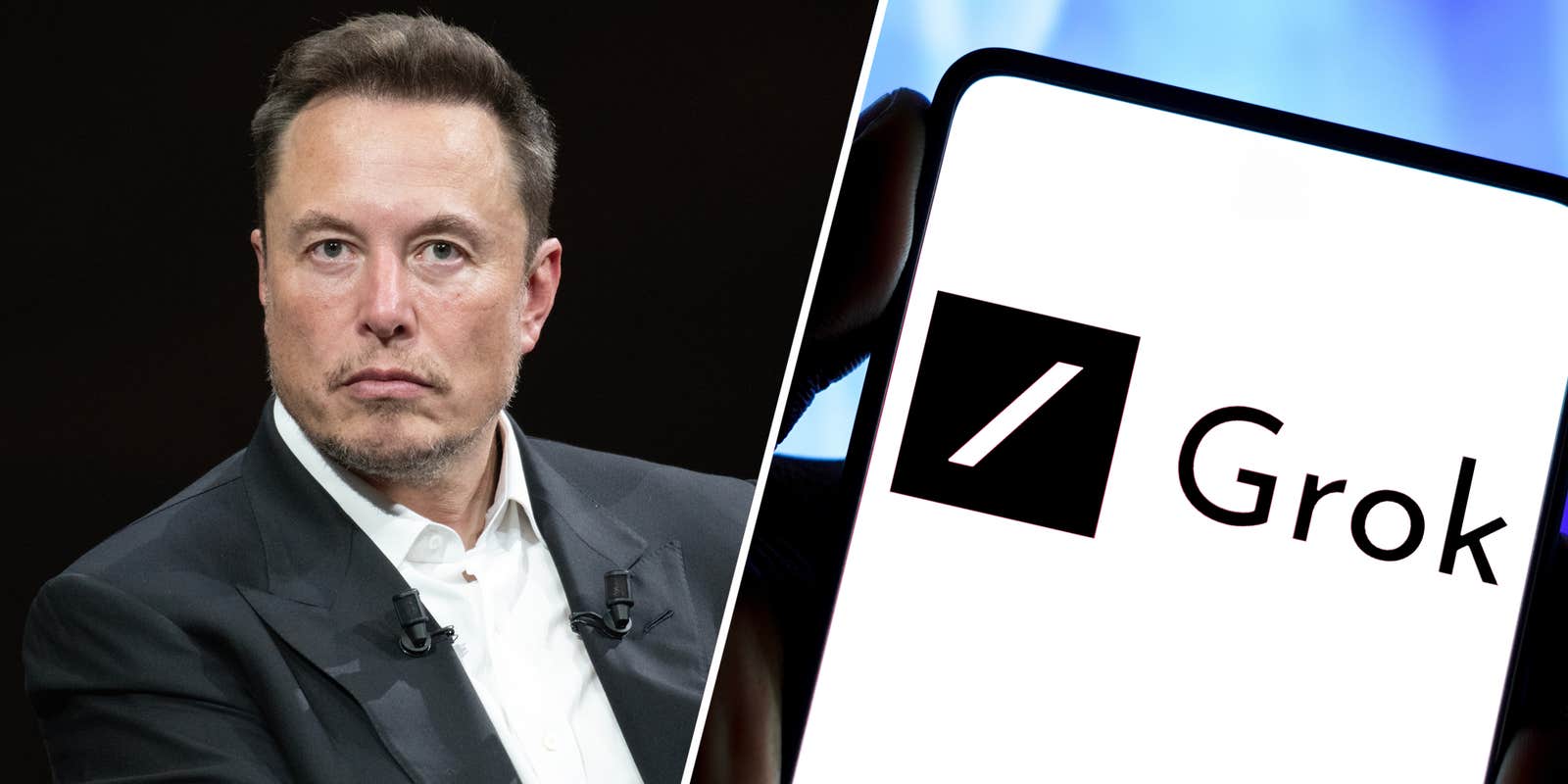Elon Musk’s AI startup, xAI, has unveiled Grok, a chatbot that promises to shake up the digital conversational landscape. Unlike its predecessors, Grok brings a mix of wit and rebellion to the table, diving headlong into topics often deemed off-limits for its kind. With its ability to draw from X’s exclusive real-time data, Grok stands out from the crowd, but not without raising a few eyebrows and plenty of questions about its role and impact.

Grok operates on a foundation called Grok-1, a generative AI model nurtured on a diet of web-sourced data and refined through human feedback. Its prowess, as touted by xAI, edges out notable contenders like OpenAI’s GPT-3.5 on various benchmarks. However, what truly sets Grok apart is its willingness to tackle controversial subjects in a manner that’s anything but textbook. From engaging with conspiracy theories to offering political commentary, Grok refuses to play it safe.
Accessibility to Grok comes with a subscription to X’s Premium+ plan, a gateway to an ad-free experience on the platform, among other perks. Yet, it’s Grok’s dual-mode functionality—spanning a “fun” mode teeming with edginess and a “regular” mode aimed at more grounded responses—that epitomizes its dual nature.
Despite its innovative flair, Grok is not without its foibles. Its inclination towards misinformation and its limitations, such as an inability to process multimedia content, spotlight the challenges inherent in developing sophisticated AI models. Furthermore, Grok’s political leanings, as observed in its responses, have sparked debate about the neutrality of AI and the responsibility of its creators to foster unbiased platforms.
The introduction of Grok into the AI arena is a watershed moment, signaling a shift towards more dynamic, real-time interactive technologies. Yet, it also underscores the ethical quandaries and the delicate balance between innovation and integrity in the digital age. As Grok continues to evolve, so too will the discourse around the role of AI in shaping public opinion and the importance of safeguarding against the dissemination of falsehoods.

